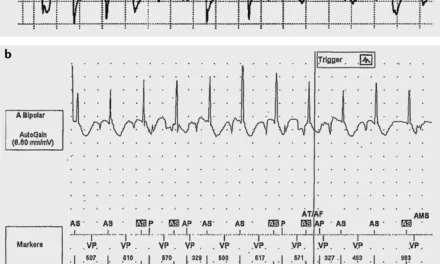In a groundbreaking moment on a November morning in 2022, James Messenger swallowed a capsule unlike any other. This wasn’t just another pill for him; it was a potential lifeline in the fight against addiction.
Messenger, familiar with the perils of addiction from his own experiences and witnessing the loss of many friends to fatal overdoses, eagerly volunteered to test a new “smart pill.” This innovative capsule, part of the Vitals Monitoring system, promised to detect opioid overdoses in real-time and automatically call for help. For Messenger, it represented hope in a battle that had claimed far too many lives.
The Vitals Monitoring capsule is just one example of the transformative potential of smart pills. Despite a slow start, the smart pill revolution is gaining momentum, driven by advances in technology and a growing recognition of their potential to revolutionize healthcare.
From early prototypes like the Heidelberg capsule in 1965 to the FDA-approved video capsule endoscope in 2001, the journey of smart pills has been marked by milestones. However, barriers such as cost and technological limitations have hindered widespread adoption.
Now, with nearly 300 iterations in development, smart pills are poised to tackle a range of health issues, from sleep apnea to HIV/AIDS to gastrointestinal disorders. These pills, equipped with sensors, microprocessors, and even radio antennas, offer real-time tracking and intervention capabilities, heralding a new era of personalized healthcare.
Dr. Peter Chai, an associate professor at Brigham and Women’s Hospital, envisions a paradigm shift enabled by these technologies. Instead of reactive interventions, real-time monitoring allows for personalized and timely interventions, potentially saving countless lives.
One such innovation comes from Celero Systems, a Massachusetts-based company, which has developed a vitamin-sized capsule capable of monitoring vital signs deep within the gut. By detecting early signs of respiratory distress, it could provide a crucial window for intervention during opioid overdoses.
Similarly, etectRx, based in Florida, has introduced the ID-Cap, embedded with a transmitter that confirms medication ingestion. This technology has shown promising results in improving adherence to HIV/AIDS prevention regimens, offering a simple yet effective solution to a complex problem.
Advancements in endoscopy are also reshaping diagnostic procedures. A magnetically controlled capsule endoscopy, tested by Dr. Andrew Meltzer, offers a patient-friendly alternative to traditional methods, potentially increasing screening rates and providing cost-effective care in emergencies.
While the potential of smart pills is immense, challenges remain. Privacy concerns and the need for clinical validation and insurance coverage are among the obstacles that must be addressed. However, as Dr. Vivek Kaul, professor of medicine at the University of Rochester Medical Center, notes, the future of smart pills is bright.
As technology continues to evolve, smart pills hold the promise of revolutionizing healthcare delivery, offering personalized and proactive interventions that could transform the lives of millions. For James Messenger and countless others, these innovations represent not just hope, but a tangible lifeline in the journey towards better health and well-being.












